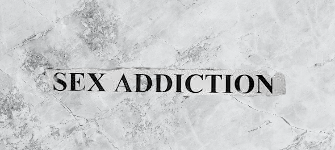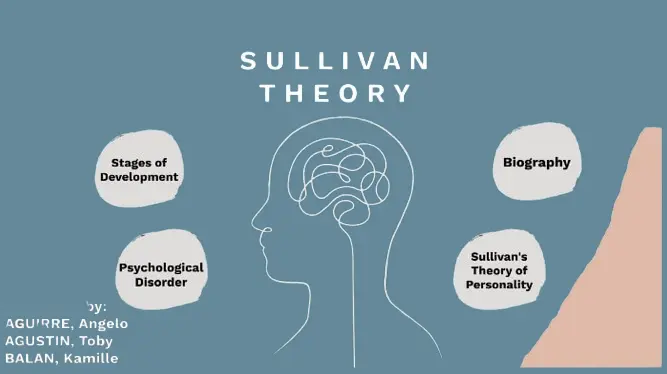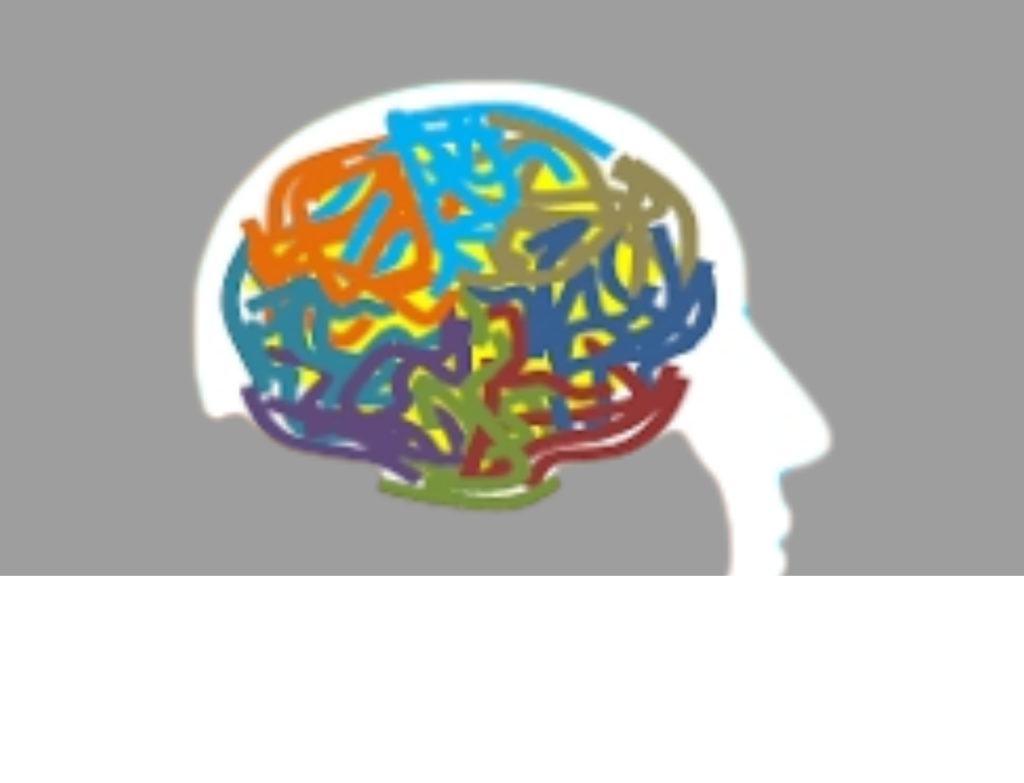Hyper sexuality or sexual addiction are other terms used to describe compulsive sexual activity. There is a strong emphasis on uncontrollable sexual imaginations, impulses, or acts. Your relationships, career, health, and other areas of your life suffer as a result, and you experience misery.
Various types of sexual experiences that are generally gratifying can be associated with compulsive sexual behavior. Masturbation, using a computer to interact and become sexually aroused, having many partners, utilizing pornography, and paying for sex are a few examples. However, it’s probably compulsive sexual behavior when these activities take up a significant portion of your time, are hard for you to control, create issues for you or others, or become a substantial source of stress.
What is compulsive sexual behaviors?
An extreme fixation on uncontrollable sexual fantasies, desires, or behaviors that upset you or negatively impact your relationships, job, health, or other areas of your life is known as sexual addiction. Among lay terms, “sexual addiction” is the most frequently used. Healthcare professionals may refer to this as sexual compulsivity, sexual impulsivity, hyper sexuality, hyper sexuality disorder, or obsessive sexual conduct.

While many normal sex life activities are included in sex addiction (e.g., masturbation, pornography, phone sex, cybersex, multiple partners, and more), a person may be diagnosed with a sexual addiction if their sexual thoughts and behaviors take over their life.
Compulsive sexual behavior is not recognized by the American Psychiatric Association (APA) as a diagnosable mental health condition. Whether compulsive sexual conduct belongs in the Diagnostic and Statistical Manual of Mental Disorders (DSM-5) published by the American Psychological Association is still up for debate.
Compulsive sexual behavior was classified as an impulse disorder by the World Health Organization (WHO) and included in the International Classification of Diseases (ICD-11). The disorder is characterized by a persistent pattern of failure to control intense, repetitive sexual impulses or urges that result in repetitive sexual behavior.
Addiction is defined by the American Psychological Association as a disorder that results in “alterations in the brain regions related to judgment, decision-making, learning, memory, and behavior control.” Brain scans can reveal these changes.
Signs and symptoms
Although there are no set standards for what constitutes hyper sexuality, the following characteristics are frequently observed in hyper sexual and sexual addicts:

- having a sexual obsession. You’re thinking about and acting on your sexual desires and impulses a lot of the time.
- indulging in frequent (one to multiple daily) masturbation.
- watching porn on a regular basis. Videos, adult periodicals, and the internet (websites, webcams) are examples of sources. often watch porn and engage in masturbation.
- overthinking everything when it comes to planning sex. You devote a lot of time on determining when and how you’ll get your next “high” in a sexual sense.
- using sex services on a regular basis. This is an advancement since you are now interacting with people through your activities. These behaviors could include paying for sex, going to strip clubs, making friends through online chat rooms, having several partners, or frequently going on one-night stands.
- starting engaging in risky sexual behavior. It is possible to combine substance addiction with sexual activity, as well as harmful sexual behaviors such autoerotic asphyxiation or sexual aggressiveness.
- participating in sexual activities that are not in line with your moral principles, your religious convictions, or social norms.
- are a paraphernalia on a regular basis. These are sexual acts that cause psychological pain, harm, or even death to another person. Examples include voyeurism (watching or participating in sexual actions with others), exhibitionism (exposing one’s genitalia to strangers), sadomasochism (getting pleasure from causing pain or humiliation to others), and pedophilia (having sexual urges toward minors).
- Even when having sex has a severe impact on your relationships, finances, health, and emotions, you are unable to quit.
Causes
Though the precise reasons of obsessive sexual activity are unknown, potential causes could be anything from:

Alterations in the brain’s circuitry.
Over time, obsessive sexual activity may lead to modifications in the neuronal circuits that make up the brain’s pathways. This could occur, particularly in reinforcement-related brain regions. As time goes on, more intense sexual stimulation and content are typically required to feel relieved or satisfied.
An imbalance in the brain’s natural chemicals.
Your mood is regulated by several chemicals in your brain called neurotransmitters, which include norepinephrine, dopamine, and serotonin. Your sexual desire and behavior may change if these are out of balance.
Ailments that impact the brain.
Parts of the brain that influence sexual behavior may be damaged by certain medical diseases, such as dementia. Compulsive sexual behavior can also result from using some medications to treat Parkinson’s disease.
Factors at risk
Men may experience compulsive sexual activity more frequently than women, although both sexes are capable of it. Anybody, regardless of sexual orientation, can be affected by it. The following elements may make obsessive sexual activity more likely:
How simple it is to find explicit material.
People now have ready access to powerful sexual imagery and information because to technological advancements and social media.
Seclusion.
Compulsive sexual behaviors are secretive and private, which might contribute to the gradual worsening of these issues.
Additionally, there may be a greater chance of compulsive sexual activity in those who have:
- Issues related to drug or alcohol abuse.
- An additional mental illness, such sadness, anxiety, or an addiction to gambling.
- Family disputes or relatives struggling with issues like addiction.
- A past of abuse, either sexual or physical.
Complications
Complications in sexual addiction are
- Absence of a typical, healthy relationship with your family and/or sexual partner.
- Reduced productivity and career loss as a result of watching porn while working or being unable to concentrate.
- Financial difficulties resulting from having to pay for sex.
- Health effects include those related to pregnancy and sexually transmitted diseases (STIs), such as gonorrhea, syphilis, hepatitis B and C, and HIV.
- Usage of drugs for recreational purposes or binge drinking.
- Emergence of mental health issues such anxiety and stress, depression, or suicidal thoughts.
- Possible terms of imprisonment for sexual offenses.
- Emotional expenses such as hopelessness, shame, and remorse.
who are more affected
It seems that between 3% and 10% of Americans are hyper sexual. Men are more likely than women to have it. One woman is impacted by hyper sexuality for every two to five guys who exhibit it. Usually, sexual addiction starts when a person is eighteen. Most people wait until they are 37 years old to seek professional assistance.
A significant number of people (88%) also have a history of additional mental health issues, such as:
- Bipolar disorder is one type of mood disorder.
- Disorders related to anxiety.
- Suicide attempt history.
- Diseases of personality.
- Additional addiction disorders.
- Disorders of impulse control.
- OCD, or obsessive-compulsive disorder.
- ADHD stands for attention deficit hyperactivity disorder.
Avoidance
It’s unclear how to stop obsessive sexual behavior because its reason is unknown. However, the following strategies could assist you in maintaining control over problematic behavior:
Seek early treatment for issues related to sexual behavior.
Early detection and treatment of issues may help stop obsessive sexual behavior from worsening over time. Seeking assistance can also stop dangerous behaviors, interpersonal issues, and shame from growing worse.
mental health therapy as soon as possible.
Compulsive sexual behavior may worsen as a result of depression, anxiety, or other mental health issues.
treatment for alcohol and drug abuse issues.
These can result in a loss of control, which can impair judgment and lead to unhealthy sexual activities.
Steer clear of dangerous circumstances.
Don’t jeopardize others’ or your own health. Don’t risk your health or that of others by putting yourself into situations where you’ll be tempted to engage in risky sexual activities.
How can one diagnose hyper sexuality?
Your mental health or medical professional may inquire about you’re:
- Present state of health, current medical issues, and medical history in the family, prescription drugs, dietary supplements, and herbal products.
- Usage of alcohol and drugs recreationally.
- Along with other sexual symptoms, consider your amount of control over your sexual thoughts, urges, and activities (see the Symptoms and Causes section).
In order to get more feedback, your healthcare professional might ask for permission to speak with your friends and family.
In addition, your doctor might wish to rule out additional disorders such Tourette’s disorder, anxiety, bipolar disorder (manic episode), hyper, personality disorder, and obsessive-compulsive disorder, all of which might have symptoms similar to hyper sexuality.
There isn’t yet a consensus-based diagnostic standard for hyper sexuality.
Treatment
treatment that are suitable in compulsive sexual behaviors are following
Psychotherapy
Psychotherapy employs a range of methods. You will speak with a mental health expert during psychotherapy, who will assist you in identifying and managing potential triggers for your hyper sexuality behaviors. Since everyone is impacted by a person’s sexual addiction, psychotherapy is offered to individuals as well as families and couples.
Cognitive behavioral therapy
This kind of psychotherapy concentrates on substituting constructive ideas and actions for inadequate coping mechanisms and stifling the need to engage in sexual activity.
Commitment and acceptance treatment.
Both acceptance and mindfulness techniques are used in this psychotherapy. Instead of addressing the thoughts themselves, it aims to help people accept their discomfort and alter their relationship with them.
Motivational speaking.
Individuals are guided by this psychotherapy to examine their sexual addiction within the framework of their own values and aspirations.
Medications
There isn’t a drug that is authorized especially to treat sexual addiction. Nonetheless, you can try prescription drugs for related illnesses that affect the hormones and chemicals in your brain that control “urge and behavior.” Your doctor will recommend drugs based on your individual needs, taking into account any additional mental health issues you may be experiencing.
Drugs that fight depression.
For treating sexual addiction, selective serotonin reuptake inhibitors (SSRIs) are thought to be the best option.
Contra-androgen.
Male sex hormones are the focus of these drugs. They help lessen compulsive thoughts. Extreme sexual acting out situations when the acts endanger other people may give rise to their trial.
Naltrexone
This medication, which has been found to be effective in treating gambling addiction and opiate and alcohol addiction, may also be beneficial in treating sex addiction.
Stabilizers of mood.
If your bipolar disorder includes manic or impulsive symptoms, as well as hyper sexuality, these medications might be helpful. Lithium, valproate (Depakote®), and carbamazepine (Tegretol®) are a few examples.
Medicines that reduce anxiety.
If anxiety leads to sexual behavior, these medications might be explored. One such example that might be useful is buspirone.
Additional drugs.
When severe agitation or thinking disturbances are significant symptoms, antipsychotics may be considered. These drugs may lessen arousal, orgasm, and desire for sex. Methylphenidate and dextroamphetamine may be used if you have attention deficit hyperactivity disorder, which is associated with taking sexual risks.



